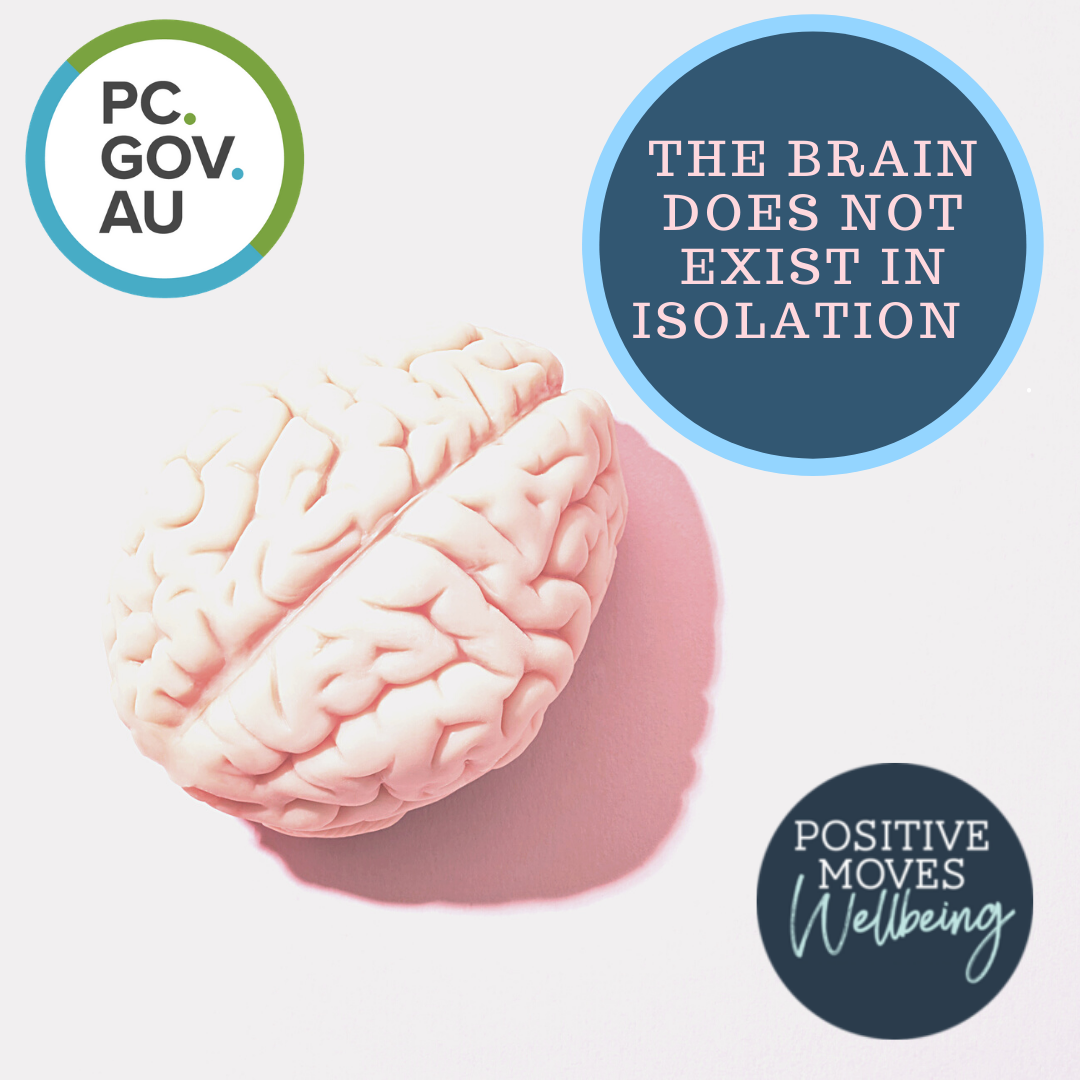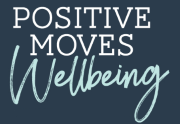Is Striving For Normal Making Us Sick?
Normalising Symptoms of Mental Health
Far from being unusual or exceptional, experiencing symptoms consistent with a diagnosable mental health disorder is remarkably common. One in five (20.0%) Australians aged 16-85 years’ experience mental disorders in any year. Remarkably few of us will remain symptom free throughout our life. Most of us can expect to experience what constitutes a recognised mental health disorder at some point during the first half of our life. Professor Richie Poulton and his colleagues conducting The Dunedin Study tracking every aspect of the lives of a cohort of people born in New Zealand in 1972 and 1973 found that 83% of people experience some form of mental health disorder by the age of forty and less than one in five experienced enduring mental health across their lifespan.
These numbers beg the question, are we needlessly pathologising our human experience? Could pursuit of the elusive “normal” be contributing to our dis-ease and in fact be counter to our health and wellbeing? The publication of the fifth version of the Diagnostic and Statistical Manual (DSM) by the American Psychiatric Association brought the number of potential diagnoses to 375, up from 106 in its original publication in 1952. Critics of the DSM have suggested this latest edition take the business of diagnosing to a new level where approximately 50% of the population can be diagnosed with something.
Given that symptoms of mental disorder affect the overwhelming majority of people at some point in life perhaps we need to question our current conception of what it means to be mentally ill. The line between distress and disease is blurry and we might be doing ourselves a disservice if we pathologise how we naturally respond and adapt to disorienting events like death, loss, trauma, relationship breakdown, and overwhelming stressors. The transient and changing nature of our mental health is often overlooked and this can lead to people feeling restricted and defined by their diagnosis over the long term. Rather than be cause for concern around over-diagnosis and over-medicalisation, perhaps the data from Dunedin can reduce the stigma associated with mental health and support the fact that it will come to the vast majority of us in some form.
“Each and every one of us—not just physicians—have a responsibility to ensure we’re not rushing to fix loved ones when they’re in no need of repair.”

Labels – Handle With Care
Expectations of simplicity and the perception of control can lead us to seek a single explanation or restrictive solutions. Twenty years as a psychologist reminds me daily that humans are both deceptively simply and endlessly complicated. We need nuance and we need to respect complexity.
Labels can help (they can ‘name and tame’ our experience, help develop understanding, and assist us in finding our tribe). And labels can also harm (they can pathologise, constrain, and restrict) leading to assumptions or preconceptions that knowing the label equates to knowing the person.
Our words leak and reveal clues to the narratives and perceptions we hold in mind. When we talk about ‘normal’ we risk trying to make ourselves conform to one way of being – one archetype of success, one way of being enough, one way of being well. It can strip us of the richness of our human diversity. Without careful use our words and labels can lead to disconnect and prompt us to focus on comparison and difference rather than what connects and unites.
- What labels do you identify with and how do they serve you?
- Do your labels afford you security and status or do they constrain you?
- Do the labels you use to describe your body and mind empower or restrict your capacity?
- Does the concept of “normal” expand or diminish your world?
“There is poverty in uniformity”
Pippa Grange
When we encounter difference and the unfamiliar it can be unsettling and destabilising – hence our tendency to dismiss, avoid, and judge. The unconventional can threaten to pick holes in our social structures and institutions but rather than put people (or ourselves) in boxes, let’s stay stretchy and grow together. We know that psychological flexibility is key to widening our window of resilience. There is value in being stretchy and making connections between different parts and looking at things with a different perspective. As Scott Sonenshein suggested, the stretchy outsiders in our midst are the antidote to stuckness, status quo, drowning in expertise. We need solutions that bring people together and treat each other with worth and dignity rather than responses which silo, isolate and exclude.
Strength In Diversity
There is inherent strength in diversity. Just as ecologists reminds us of the importance of nature’s biodiversity for the health of our planet, so humans, as part of nature, benefit from diversity in our species. We are richer and stronger for the presence of cultural diversity, neurodiversity, diversity of the gut microbiome, diversity of skills, and a diversity of perspectives and voices. When we receive the message there is one way of being, we are forced to shut down parts of ourselves and repress expression of parts we really care about.
The desire to judge and label is understandable. The ability to be discerning, to distinguish one thing from another, is built in to the human brain and the brain loves a good shortcut. It is understandable we jump to conclusions, reach for a quick label, demand a fast response, push aside the discomfort of sitting with uncertainty and unknowing. We often equate speed with proficiency and so it can be a struggle to sit with the complexity and nuance that characterises human behaviour.
“We need the whole ecology of humanity”
Thomas Crowther
We don’t look at nature and judge one tree for not looking the same as the others, we appreciate their differences and understand the twists and bumps in every branch are a result of the species and the environmental pressures it has been exposed to. Similarly, patterns of behaviour that might outwardly appear unusual or inexplicable are often “normal” adaptive responses for a human exposed to circumstances we are not intended or equipped to tolerate.
With the recent release of the Productivity Commission’s Inquiry Report into Mental Health in Australia, it is reassuring to see increasing recognition of the need to examine how sectors beyond health, including education, employment, social services, housing and justice, contribute to mental health, economic participation and a meaningful life. Our response to mental health needs to be as diverse as those we work with.
Just as our gut needs a diversity of bugs to maintain health, and the ecosystem needs a diversity of flora and fauna to sustain it, we need the whole ecology of humanity to be truly healthy. Health is not an individual pursuit but rather relates to the health of our community, society, environment, and planet.




